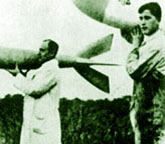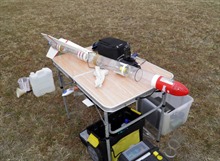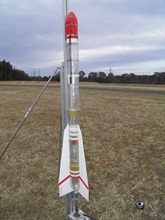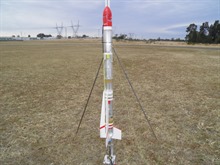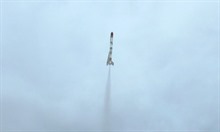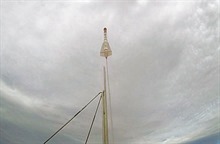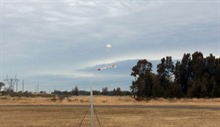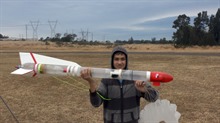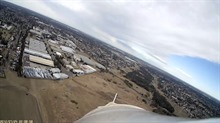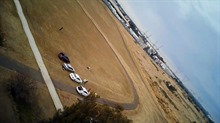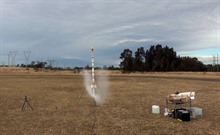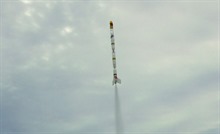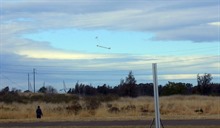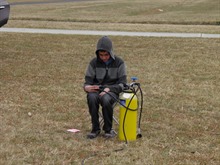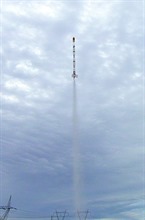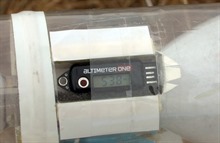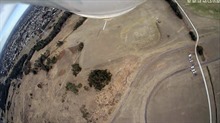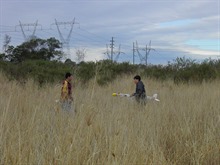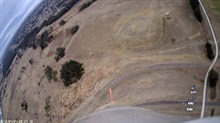 |
 |
|
|
last updated: 9th November 2024 - Day 236 - Launch Tubes #2 |
|
|
|
Splicing Bottles AS#5 |
|
#235 - Coming Soon |
|
#234 - Coming Soon |
|
#233 - Coming Soon |
|
#232 - Coming Soon |
|
#196 - Coming Soon |
|
#193 - Coming Soon |
|
#172 - Coming Soon |
|
|
| FLIGHT LOG | |||||||||||||||||||||||||||||||||||||||||||||||||||||||||||||||||||||||||||||||||||||||||||||||||
|---|---|---|---|---|---|---|---|---|---|---|---|---|---|---|---|---|---|---|---|---|---|---|---|---|---|---|---|---|---|---|---|---|---|---|---|---|---|---|---|---|---|---|---|---|---|---|---|---|---|---|---|---|---|---|---|---|---|---|---|---|---|---|---|---|---|---|---|---|---|---|---|---|---|---|---|---|---|---|---|---|---|---|---|---|---|---|---|---|---|---|---|---|---|---|---|---|---|
|
|||||||||||||||||||||||||||||||||||||||||||||||||||||||||||||||||||||||||||||||||||||||||||||||||
| Day 149 - Glide Fins | |||||||||||||||||||||||||||||||||||||||||||||||||||||||||||||||||||||||||||||||||||||||||||||||||
|
Date: 10th
August 2014 Location: Whalan Reserve, NSW, Australia Conditions: Overcast, calm ~5km/h Team Members at Event: GK, Paul K, and John K. Glide FinsFor this launch we prepared a rocket with a couple longer fins that were meant to help the rocket glide a little more on the way down under a normal parachute. The longer term goal is of being able to steer the rocket away from trees. The rocket was suspended so that two of the longer fins formed a dihedral with the third smaller fin pointing straight down. The idea is to make the rocket itself steerable rather than the parachute as is commonly done. For this test there was no steering involved, we just wanted to see how the rocket behaved with the glide fins attached and whether it will in fact glide more. The parachute was attached the same way as we did for the stabilised descent video which ensured the fins were oriented the right way round on the way down. Launch DayAlthough it was overcast today, the wind was fairly calm and made for good launch conditions. We loaded up the rocket with the glide fins onto the launcher and pressurised it to 120psi. We were a little worried about the asymmetric fins causing the rocket to fly in an arc, but the rocket flew well without issues. The parachute deployed at apogee and the rocket turned it self around to the correct attitude. Observing it on the way down it looked like it occasionally had forward movement, but then it would pitch upwards, change direction pitch down and then glide forward again for a short time. In this configuration I believe it would be hard to control. I think we need to attach the parachute a little further back so the rocket has a more pitched down attitude. We will also likely shorten the shock cord to help reduce the parachute movement. The rocket landed well otherwise and we'll try again next time. We launched the Axion rocket a couple of times at 120psi with foam, The flights went well with altitudes of 518 and 538 feet. The rocket landed well with no damage. Paul also ended up flying his Black Thunder rocket on a C6-3. The rocket flew well and deployed at apogee but the parachute didn't inflate. It even had talcum powder on it to prevent it from sticking. The rocket had a tumble recovery and landed well without damage. Here is a highlights video from the day: Flight Details
|
